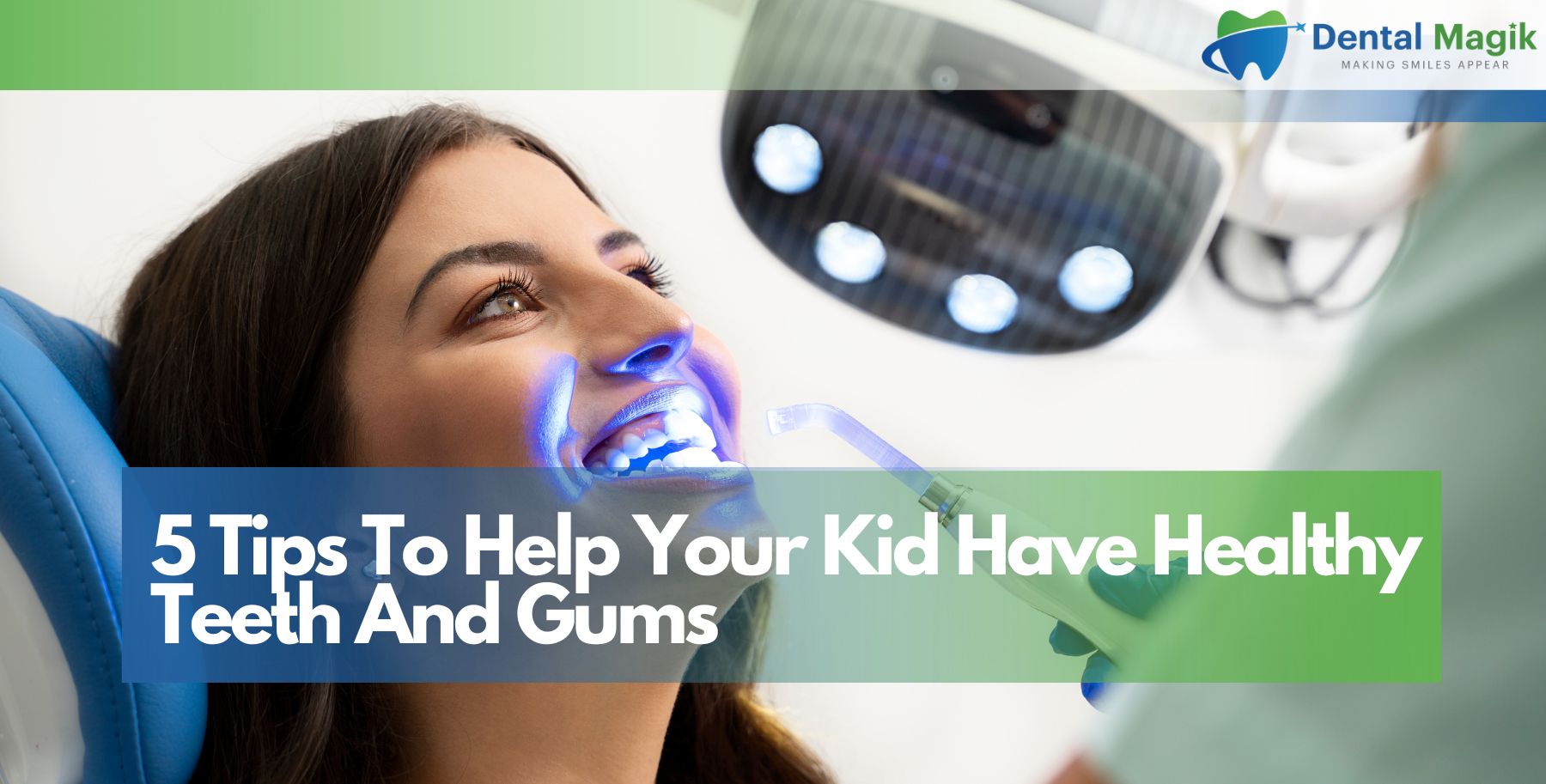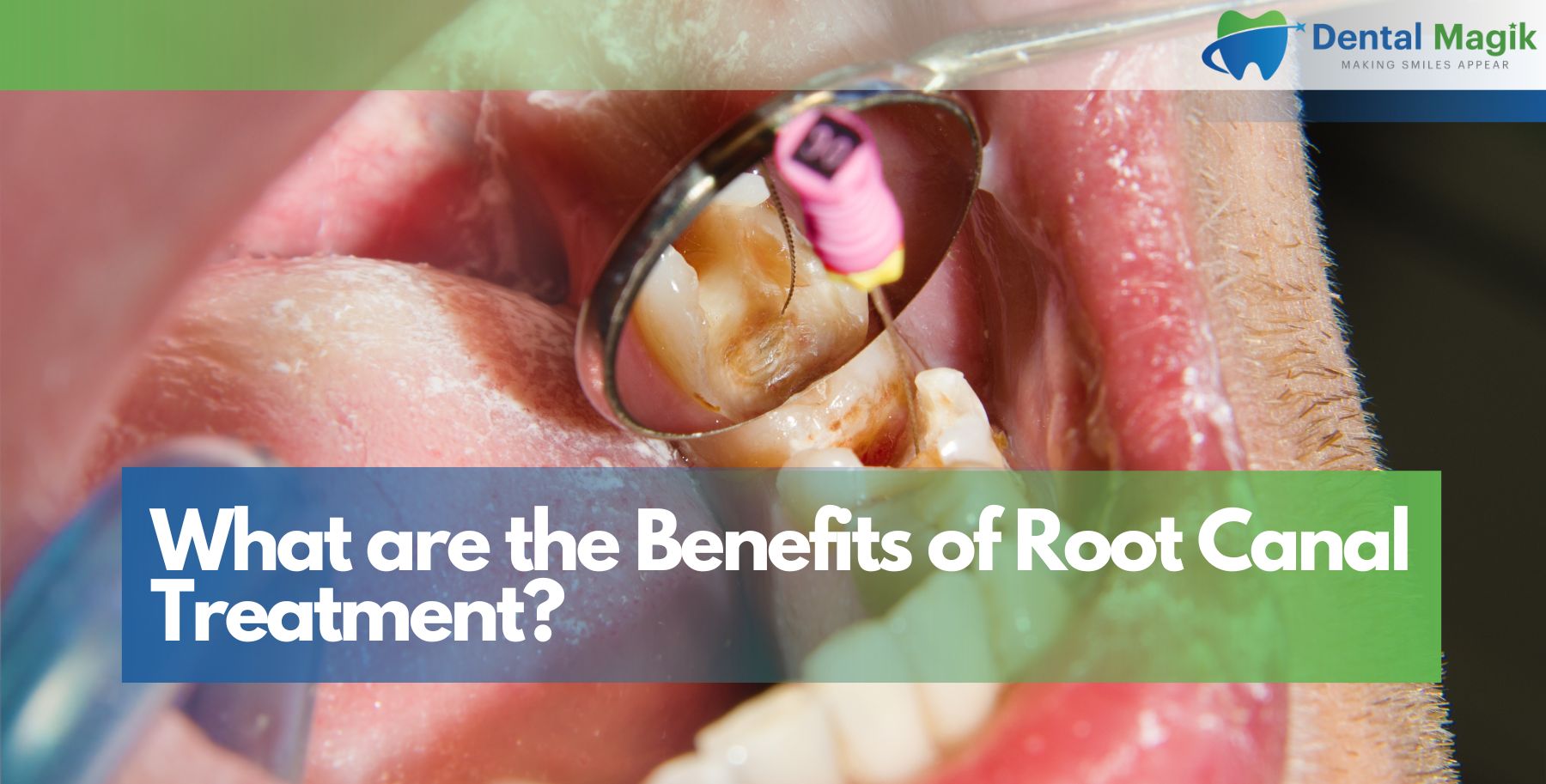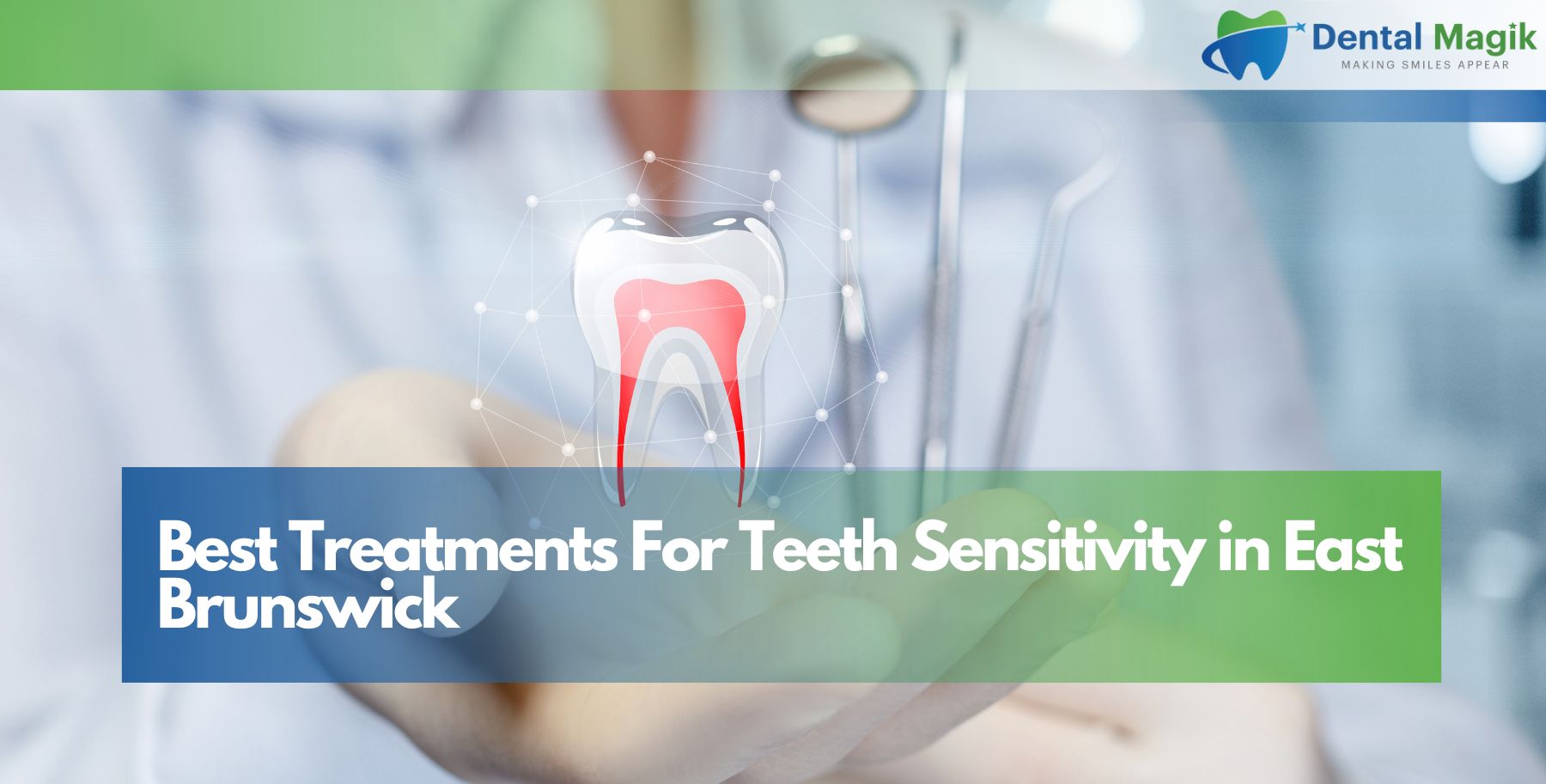Maintaining good oral hygiene is essential for a healthy smile, but even with regular brushing and flossing, tooth decay can still develop—especially in the hard-to-reach areas of the molars. One of the best ways to protect your teeth with dental sealants is by applying this preventive treatment to prevent cavities and keep your teeth strong.
Dental sealants act as a protective barrier, shielding the grooves of your back teeth from bacteria, food particles, and plaque buildup. This simple, painless procedure is particularly beneficial for children, teenagers, and adults prone to cavities.
If you’re looking for a long-term solution to strengthen your teeth, this guide will explain everything you need to know about how to protect your teeth with dental sealants, including their benefits, application process, longevity, and cost.
What Are Dental Sealants?
Dental sealants are thin, protective coatings made of plastic or other dental materials. They are applied to the chewing surfaces of molars and premolars to prevent cavities from forming in the deep grooves of the teeth.
Even with the best oral hygiene habits, molars and premolars have tiny crevices that can trap food and bacteria, leading to decay. Dental sealants fill these grooves, making it easier to keep teeth clean and cavity-free.
How Do Dental Sealants Work?
When dental sealants in East Brunswick, NJ are applied, they form a smooth, protective layer over the enamel, blocking out bacteria and preventing acids from eroding the tooth surface. Since molars handle most of the chewing, sealants provide an extra layer of defense against plaque accumulation in these high-risk areas.
Who Needs Dental Sealants?
Dental sealants are ideal for children, teenagers, and adults who are prone to cavities. They are especially beneficial for kids when their permanent molars emerge, preventing decay early. Adults with deep grooves in their teeth or a history of cavities can also benefit from sealants for added protection.
Children and Teenagers
Children and teens are at a higher risk of cavities, especially as their permanent molars come in. Since these teeth will last a lifetime, protecting them with dental sealants as early as possible helps prevent decay before it starts.
Adults with Deep Grooves in Their Teeth
While sealants are commonly recommended for children, adults who are prone to cavities can also benefit from this treatment. If you have deep grooves or pits in your molars, dental sealants can help shield these vulnerable areas.
People with a History of Cavities
If you’ve had multiple fillings, crowns, or cavities in the past, your dentist may recommend sealants as an extra preventive measure. By applying them to healthy molars, you can reduce your risk of needing restorative treatments in the future.
Step-by-Step Process of Applying Dental Sealants
Applying dental sealants is quick and painless, often taking just a few minutes per tooth. Here’s what to expect during the procedure:
Step 1: Cleaning the Teeth
Your dentist will begin by thoroughly cleaning the teeth to ensure there’s no plaque or bacteria present. This step is crucial because any trapped debris can interfere with the bonding of the sealant.
Step 2: Drying and Preparing the Teeth
Once the teeth are clean, they are dried completely to ensure proper adhesion. Your dentist will apply a mild acidic gel to roughen the surface of the enamel, allowing the sealant to bond effectively.
Step 3: Rinsing and Drying Again
After a few seconds, the acidic gel is rinsed off, and the teeth are dried again. At this stage, the teeth are fully prepared for the sealant application.
Step 4: Applying the Sealant
The dental sealant is painted onto the surface of the tooth using a small brush. It flows into the grooves and crevices of the molars, ensuring a complete protective barrier.
Step 5: Hardening the Sealant
A special curing light is used to harden the sealant. Once hardened, the sealant becomes a durable shield that protects the tooth from cavities.
Benefits of Dental Sealants
Dental sealants provide a strong protective barrier against cavities by sealing deep grooves in the molars. They help prevent decay, reduce the need for fillings, and save money on future dental treatments. The application process is quick, painless, and long-lasting, making it an effective solution for maintaining oral health.
Prevents Cavities and Tooth Decay
The primary benefit of dental sealants is their ability to prevent cavities by sealing off hard-to-clean grooves in the molars.
Saves Money on Dental Treatments
Since dental sealants prevent decay, they help reduce the need for fillings, crowns, and other costly restorative procedures.
Quick and Painless Application
The entire process is non-invasive, painless, and takes just minutes to complete. There’s no drilling or discomfort involved.
Long-Lasting Protection
High-quality dental sealants can last up to 10 years with proper care and regular dental checkups.
Ideal for Both Children and Adults
Although dental sealants are commonly recommended for kids, adults with deep grooves in their molars can also benefit from this preventive treatment.
How Long Do Dental Sealants Last?
The longevity of dental sealants depends on factors such as:
- Oral hygiene habits
- Chewing patterns
- Dietary choices (avoiding sticky, hard foods prolongs their lifespan)
- Regular dental checkups
On average, sealants last between 5 to 10 years before they need to be reapplied. Dentists will monitor their condition during routine checkups and reapply if necessary.
Are Dental Sealants Safe?
Yes, dental sealants are completely safe and have been used for decades to prevent cavities. They are BPA-free and do not pose any health risks.
Sealants contain a minimal amount of resin, but studies show that they release far lower levels of BPA than everyday items like plastic containers and cosmetics. The benefits of cavity prevention far outweigh any minor concerns about exposure.
How Much Do Dental Sealants Cost?
The cost of dental sealants in East Brunswick, NJ varies depending on:
- The number of teeth being sealed
- The type of sealant material used
- Insurance coverage
On average, sealants cost between $30 to $60 per tooth. Many dental insurance plans cover sealants for children as part of preventive care.
Conclusion
If you want to protect your teeth with dental sealants, this simple and effective preventive treatment is a great option. Dental sealants provide a long-lasting barrier against cavities, helping children, teens, and adults maintain healthy teeth for years to come.
For the best preventive dental care, visit Dental Magik, Dentist in East Brunswick, NJ. Their expert team will ensure that your teeth are properly sealed and protected against decay. Schedule an appointment today to keep your smile strong and cavity-free.







